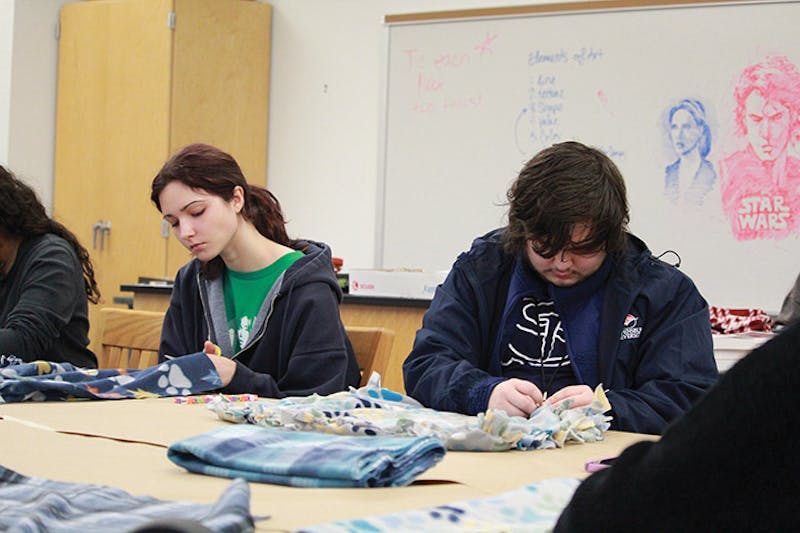The past couple of days have been tumultuous to say the very least: I learned to never underestimate how hateful the internet (and people) can be. I could not shake a constant feeling of anxiety and lost a lot of sleep. Though high school is in the past, I’ve found many college students like to resurrect petty habits. As much as I tried to deflect and laugh it off, the words I read struck my heart and made my hands tremble.
On one shaky hand, I kept in mind that these are people who have nothing better to do with their time than spread hate. On the other hand, I could not help but remember that real people conjured the hurtful words that were said. There is, of course, a piece of me that constantly yearns for the approval of others.
I know I have an irrevocable need to constantly be perceived as “good.” This need is realized when I hear enough negativity in my direction, and I cannot help but begin to believe it. Am I playing the victim, oblivious that I may be the horrible person I am believed to be?
It is during these times when I refer to a saying my mother has drilled into my psyche for years: “What other people say has nothing to do with you.” When she first offered me this advice years ago, I rolled my eyes. “They have everything to do with me,” I thought to myself, because I firmly believed that other people’s perceptions of me equated to whether or not I was a valid person.
Over time, her advice finally started to register: what is said about me does not define who I am, but rather defines the character of the person speaking about me. Even further, those who choose to believe those words rather than the truth speaks volumes. Other people’s opinions of me do not constitute who I truly am.
This mindset begs the question: who am I, truly? In order to fend off negative opinions, we must stand firmly in what we believe in. This requires empowering yourself to know that you are a good person. I could easily see myself spiraling into a pit of despair if I had ignored who I am and what my intentions are. I remind myself that I am kind and creative, I enjoy helping people and I want what is best for people.
Something that helped me was to “zoom out and time travel.” Whenever things get tough, I like to imagine when I will be at a point where everything is okay again, because everything will be okay again. No matter how tough the situation, things have always become okay again. I think about other times when similar things have happened and I had thought it was the end of the world for me, and I am now able to look back and recognize the lessons that I had learned, maybe even laughing at how seriously I took it. Most times, we believe negative circumstances (that are bound to eventually enter our life) to be the end of our world because we have yet to discover how much better it gets in the future.
So, when people start to talk and word gets around, remember that you cannot control a situation, only how you decide to react to it. Will you let the evil get to you and make the world feel your wrath, or keep your head held high and prove them wrong with your kindness?
The choice is yours to make. In the meantime, be secure in knowing who you are to help prevent the negativity from affecting you. Know you are too worthy to let the words of others get you off track.



The Slate welcomes thoughtful discussion on all of our stories, but please keep comments civil and on-topic. Read our full guidelines here.